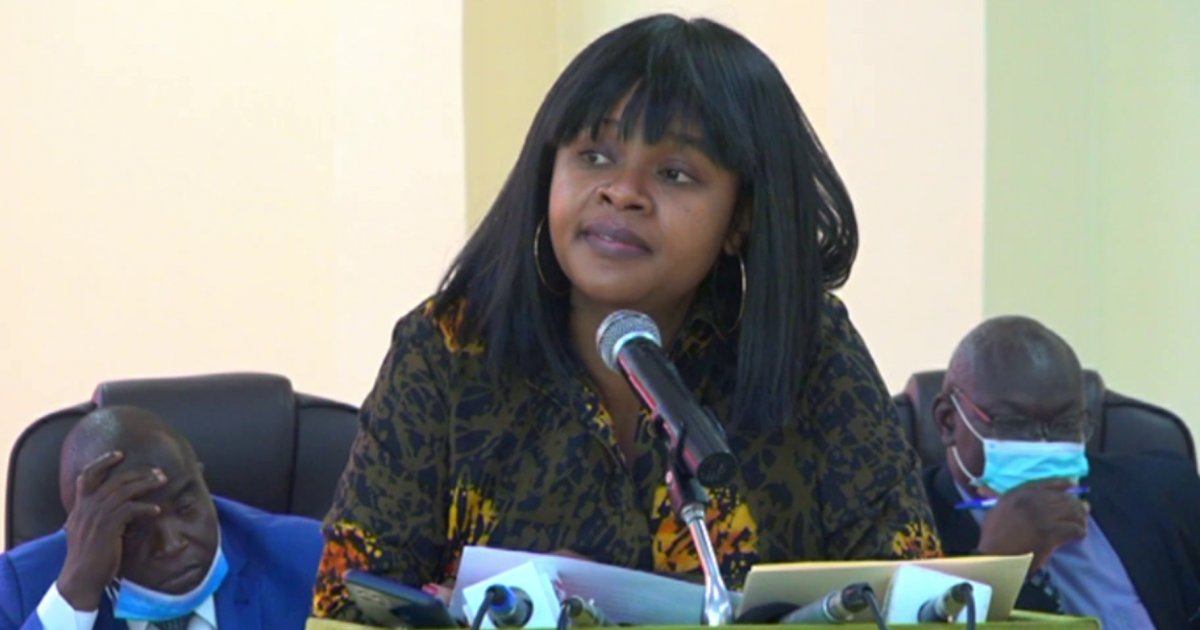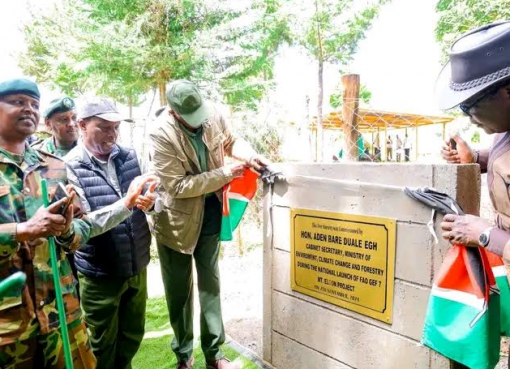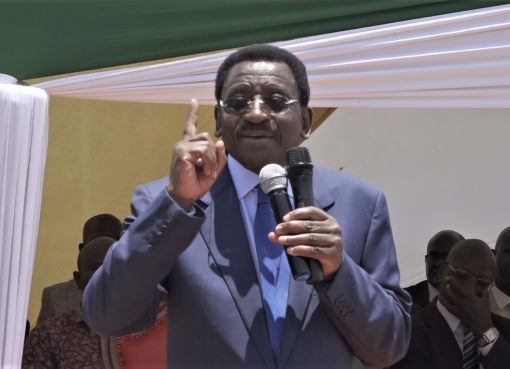Medical Engineers in Kenya have been challenged to work closely with the Ministry of Health to provide information on the latest technologies in the health sector for the government to adopt the same.
Health Chief Administrative Secretary (CAS), Mercy Mwangangi, asked Medical Engineers in Kakamega to challenge the Ministry of Health officials sitting at the policy levels to bring such new technologies, so that Kenya is not left behind in enhancing better healthcare to its people.
Mwangangi gave an example of Medics at Aga Khan University Hospital who are no longer using Stethoscopes but instead have shifted to use Point of Care Ultrasound (POCUS) which is efficient.
She said despite such technologies being available, counties are unaware.
“There is a gap which can be addressed by you, medical engineers, who know the advances in technology. You can challenge us within the policy table to avail such technologies because I am sure there is a whole field that you are aware of technologies that is happening outside there,” she noted.

Mwangangi also asked the medical engineers to be active in advising the government to procure new, advanced medical equipment that can provide better care when it comes to service delivery.
She was speaking to medical engineers during the 12th Association of Medical Engineering of Kenya (AMEK) Scientific Conference and exhibition in Kakamega town themed Healthcare Technology Management amid Covid-19 pandemic in low resource countries.
She said medical engineering is a field that cannot be overlooked in the health sector in the current society with emerging challenges of disease outbreaks as seen during the Covid-19 pandemic noting that the government will soon recognize the contribution of medical engineers in shaping the health sector in the country.
“The Cabinet Secretary Mutahi Kagwe will soon be honoring Medical Engineers from Kenya, who contributed to the Covid-19 pandemic management, in an international conference,” she explained.
Mwangangi noted that the theme of the conference aligned with the government’s commitment that is to ensure Kenya becomes self-reliant and able to invest more in the local manufacturing skills.
She asked the association to deliberate on how the Ministry of Health can support them in pushing their bill that is pending in parliament for six years now to make the profession better.
“Think of all the considerations that need to be put in place. I am happy to note that Waziri has met part of your association in the past particularly when we were looking at health act law and the amendments of that Bill,” she noted.
The CAS challenged counties to ensure that at least 10 per cent of total cost of equipment is dedicated to maintenance services of medical equipment supplied to them.
To support Medical engineers further, Mwangangi said they will organize a breakfast meeting in Nairobi to launch the Medical Engineering Policy which was signed in 2018.
She added the government will engage medical engineers after reviewing the Managed Equipment Services project which has been successful since it was rolled out.
Speaking during the conference, Kakamega County Executive Committee Member in charge of Health Services Collins Matemba said that Biomedical engineering seeks to close the gap between engineering and medicine.
“We fully rely on medical expertise of medical engineers to have quality and fully functional medical devices in all our healthcare facilities by combining the design and problem solving skills of engineering with medical biological sciences to advance healthcare treatment including diagnosis, monitoring and therapy,” he said.
He said the biomedical field has a great potential for growth through exchange programs at Inter-County, National and at the International levels.
By Moses Wekesa





